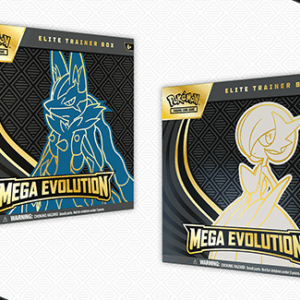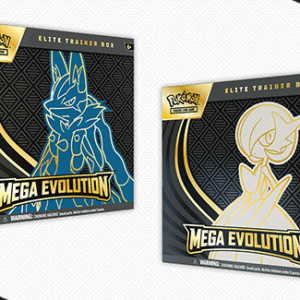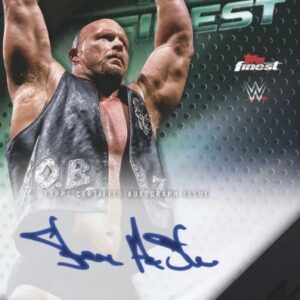In a dazzling display of nostalgia triumphing over time, a box of 1967 Wacky Packages has etched itself into auction history by selling for an eye-popping $79,300 at Heritage Auctions. This sum not only underscores the insatiable demand for kitschy collectibles of yesteryear but also sets a new high-water mark for these endearing bits of satire.
First released in 1967, Wacky Packages were the brainchild of Topps, the company better known for monopolizing the childhood economies of buyers with their baseball cards. However, Wacky Packages were, in essence, a poetic rebellion against the capitalist machine, and they did so in the most endearing way possible: by lampooning the very grocery brands that filled kitchen shelves across America.
These stickers weren’t mere novelty; they were practically tiny protest signs gummed with humor. With early contributions from renowned cartoonist Art Spiegelman, who later bestowed the world with Maus and a Pulitzer Prize to boot, Wacky Packages became tokens of irony, each parodying a well-known product. Children gleefully cut out, licked, and stuck these animated satires on their belongings, bringing a light-hearted anarchy to their corner of the world.
But of course, not all appreciated this merry mockery. The corporate suits behind real-life products like Ritz, Jolly Green Giant, Morton Salt, and 7-Up were as humorless as their product labels and promptly whisked their legal hammers into action. Topps, adept at dodging curveballs, deftly danced around litigation by swapping a dozen contentious cards and augmenting their lineup from 44 to 56 entries. This daring maneuver only added layers of lore to the brand, as if the cards themselves had become rebels with a cause.
If controversy was the fuel, nostalgia was the flame. After navigating the turmoil, Topps turned Wacky Packages into a repeat performance, unveiling “Wacky Ads” in 1969 and reinventing them as peel-and-stick gems in 1973. For a blip in elementary school chronicles, Wacky Packages stickers stood shoulder to shoulder with the all-American baseball card.
Yet, like all things born of the zeitgeist, the series took a well-deserved hiatus in 1992. Worry not; absence made hearts grow fonder, allowing Wacky Packages to saunter back into pop culture’s embrace in 2004 with the grace of an unsinkable icon.
Fast forwards to the present, where the hefty hammer price reflects a broader trend in the collector circuit. Non-sports cards, once sidelined as mere amusements, are now coveted with the fervor of paleontologists unearthing dino bones. Depicting familiar logos through the lens of the absurd and whimsical evokes an era when satire was both straightforward and barbed.
Consider also the impact of Art Spiegelman’s later fame. Having a hand in a project of elevated cultural significance gives these early Wacky Packages a unique pedigree, looping them into both collectible card history and art history. It’s as though each sticker serves as both a historical document and a relic to childhood cheekiness, ripe with a sense of beloved times past.
The sale signals a resounding message that nostalgia, humor, and culture, when shaken and not stirred, can increase in value. Buying a box of these collectibles is akin to wrapping your hands around a hot cup of time travel, each sticker a window into the innocent irreverence of a bygone America.
As Wacky Packages continue to bask in renewed glory, aficionados and novice collectors alike scramble to possess these quirky pieces of pop culture history. The auction success isn’t merely an isolated event but a testament to the undying allure of nostalgia and its impact on the market economics of collectible cards—a landscape where myths are made, not forgotten.
Heritage Auctions, no stranger to dealing in dreams and memorabilia, facilitated this landmark sale that sold for more than the previous 2022 record, proving once again that humor ages like a fine wine or, in this case, a snaggle-toothed jug of “Blunder Bread.”
In a time where the digital world increasingly commoditizes experience, Wacky Packages offer something that money can only partly buy—a tangible piece of simpler times, an object that places you squarely on the sepia-toned map of American pop culture. With their continued popularity amongst collectors, it’s clear Wacky Packages still have several rounds of rhythm left in their sticky shuffle.





